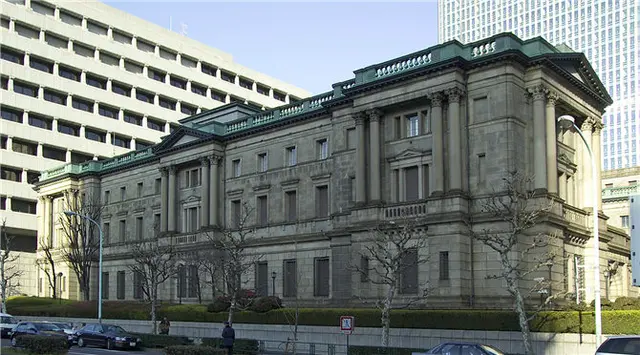Japanese firms expect inflation to rise at a rate less than predicted three months ago, in a sign that faith in the central bank's reflationary efforts is waning, statistics from the Bank of Japan (BOJ) showed Tuesday.
According to the latest BOJ figures, companies here expect consumer prices to increase 1.0 percent next year, less than the 1. 2 percent expected in a survey taken three months earlier.
As for consumer inflation, those firms polled believe that inflation will reach 1.3 percent in three years' time, less than the 1.4 percent expected in the bank's September survey, and will reach 1.4 percent in five years' time, also lower than the previous 1.5 percent.
The downturn in projected prices comes amid the latest oil glut which is impacting underlying growth and threatens to derail the BOJ's lofty target of achieving its 2 percent inflation goal in as many years.
Despite Japan being mired in deflation for more than two decades, the central bank, under pressure from Prime Minister Shinzo Abe and the Finance Ministry, also working towards the leader's economic policy goals, is attempting to achieve its inflation target through aggressive monetary easing measures which it hopes will encourage businesses and households to spend to reverse the deflationary trend.
But the latest data shows that BOJ Governor Haruhiko Kuroda's persistently upbeat assessment of the nation's inflation situation may be overly optimistic and a "deflationary mindset" is still plaguing the nation, as household spending has remained largely static and businesses, despite boasting record profits, have opted not to redirect surplus funds into wages or employment.
The BOJ's latest survey polled companies in both manufacturing and non-manufacturing sectors, with both revealing weaker inflation expectations, regardless of their industry or size.
The data will be a blow to the BOJ and Abe as the figures come on the heels of consumer prices falling 0.1 percent in October from a year earlier, marking the third straight month of decline.
 简体中文
简体中文

